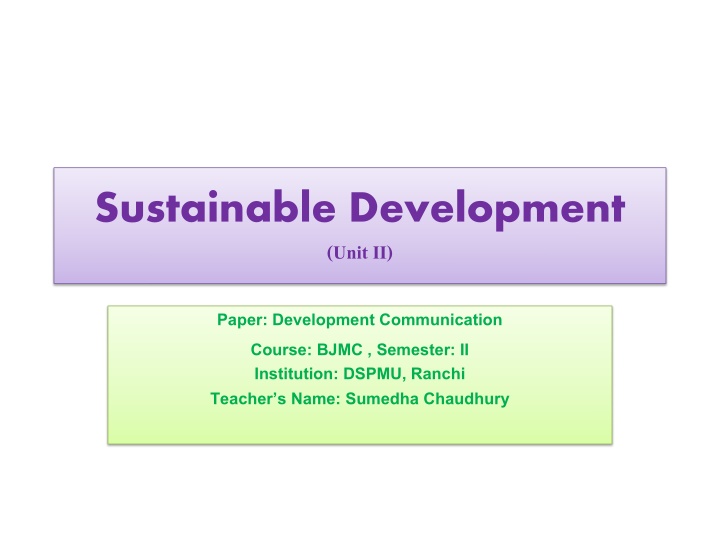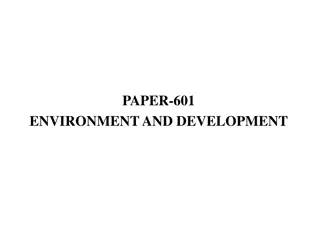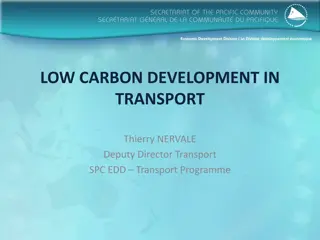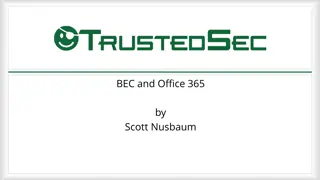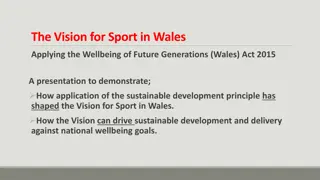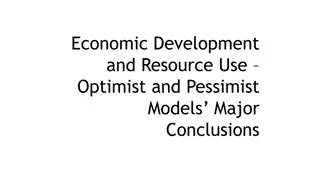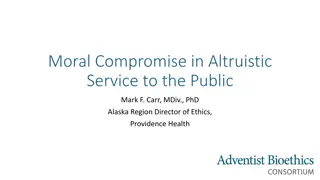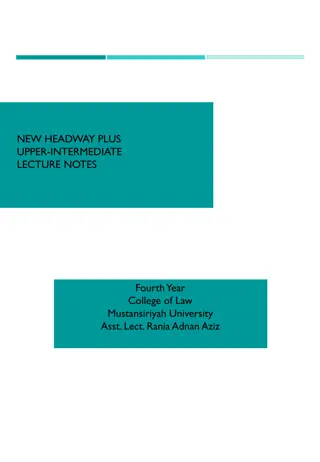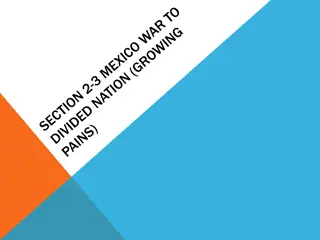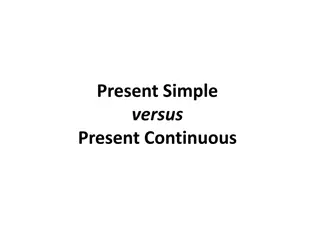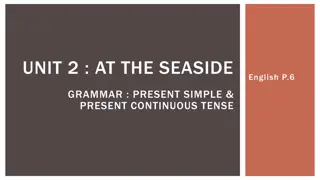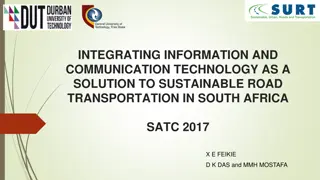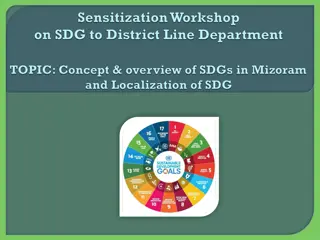Sustainable Development Communication: Meeting Present Needs Without Compromise
"Sustainable development aims to meet current needs without jeopardizing future generations' ability to meet their own needs. It encompasses essential needs of the poor, technological limitations on environmental sustainability, and interconnected global systems affecting various aspects of life quality. By addressing complex issues through system-wide thinking, sustainable development seeks to ensure societal well-being while preserving natural resources and cultural heritage."
Download Presentation

Please find below an Image/Link to download the presentation.
The content on the website is provided AS IS for your information and personal use only. It may not be sold, licensed, or shared on other websites without obtaining consent from the author.If you encounter any issues during the download, it is possible that the publisher has removed the file from their server.
You are allowed to download the files provided on this website for personal or commercial use, subject to the condition that they are used lawfully. All files are the property of their respective owners.
The content on the website is provided AS IS for your information and personal use only. It may not be sold, licensed, or shared on other websites without obtaining consent from the author.
E N D
Presentation Transcript
Sustainable Development (Unit II) Paper: Development Communication Course: BJMC , Semester: II Institution: DSPMU, Ranchi Teacher s Name: Sumedha Chaudhury
Definition "Sustainable development is development that meets the needs of the present without compromising the ability of future generations to meet their own needs. It contains within it two key concepts: the concept of needs, in particular the essential needs of the world's poor, to which overriding priority should be given; and the idea of limitations imposed by the state of technology and social organization on the environment's ability to meet present and future needs."
Elaborating Sustainable Development When you think of the world as a system over space, you grow to understand that air pollution from North America affects air quality in Asia, and that pesticides sprayed in Argentina could harm fish stocks off the coast of Australia. And when you think of the world as a system over time, you start to realize that the decisions our grandparents made about how to farm the land continue to affect agricultural practice today; and the economic policies we endorse today will have an impact on urban poverty when our children are adults.
We also understand that quality of life is a system, too. It's good to be physically healthy, but what if you are poor and don't have access to education? It's good to have a secure income, but what if the air in your part of the world is unclean? And it's good to have freedom of religious expression, but what if you can't feed your family? The concept of sustainable development is rooted in this sort of systems thinking. It helps us understand ourselves and our world. The problems we face are complex and serious and we can't address them in the same way we created them. But we can address them.
Puzzle Diagram Social Economic Environment
Services Equity Biodiversity Household Needs Industrial Growth Agricultural Growth Efficient Use of Labour Participation Empowerment Social Mobility Cultural Preservation Biodiversity Natural Resources Carrying Capacity Ecosystem Integrity Clean Air and Water
